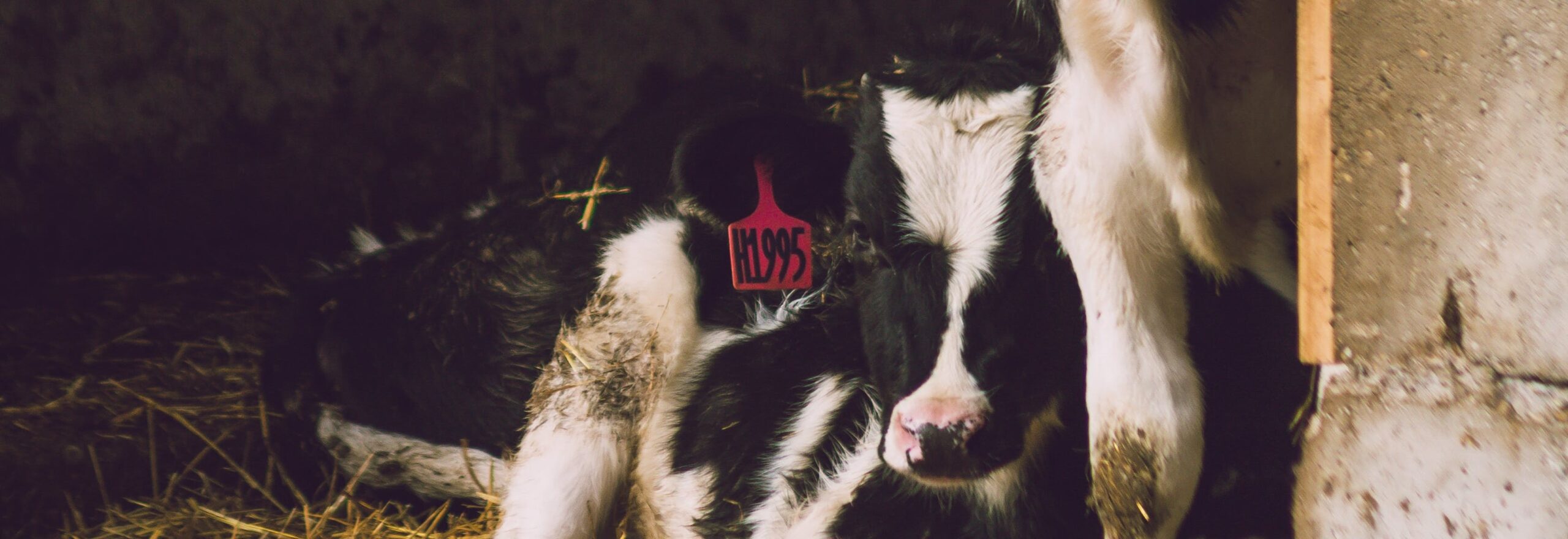Client:
WorldBank IFC

WorldBank IFC
Q-Point B.V. performed research on digital traceability in the Dutch veal sector. The private sector was responsible for developing and implementing traceability and transparency systems, a potential model for global application. Interviews with stakeholders provided insights for enhancing and implementing these systems in other sectors or countries.
For a digital traceability and transparency system, the key to success is trust. All parties in the chain should be willing to share data and trust each other to provide accurate, objective, and qualitative data.
Setting up these systems requires a collective incentive that motivates all parties to invest in the establishment of these systems. In the Dutch veal sector, a strong need for data exchange existed to ensure the welfare and health of calves. A transparent chain also helps in identifying the responsible actor in case of any issues. This shared need emerged distinctly during interviews and was cited as the primary reason for the existence of the current traceability system. It also aids in cost-sharing for the digital traceability system setup, as individual initiatives prove to be costly.
Apart from this shared incentive, individual incentives from all parties in the chain are necessary. Having more data, also about other parties, helps optimise operational decisions, thereby increasing profits or reducing costs and losses. In the Dutch veal sector, an example of an individual need is that of feed suppliers who require calf data to enhance their feed quality. When these shared and individual incentives are prevalent throughout the chain, it can generate sufficient trust and willingness in the sector to commit to traceability and transparency systems.
Equally crucial is a unique key when sharing data. In the Dutch veal sector, this is the identification and registration number linked to each calf. Without a unique key, data integration becomes complex, and standardising data streams becomes challenging.
Although the traceability system works effectively in the Dutch veal sector, some limitations were identified. Data quality, linked to limited ICT capacity in the sector, is one of them. Dynamic data from sensors are collected in large, mostly unstructured quantities. Converting this data into interpretable information requires a lot of time and skills, which may not always be available in the sector. Another limitation is the insufficient return of data back into the chain. This can be a missed opportunity for parties at the beginning of the chain as they can’t improve based on results from later in the chain. Better data distribution also leads to a fairer distribution of power within the chain. The party with the most data often holds the most power. By sending data back into the chain, not only is data more evenly distributed, but power within the chain is also balanced.
The report (English) and the summary in both English and Dutch can be downloaded here:
Executive summary case study for the Dutch veal sector January 2024
Samenvatting case traceerbaarheids studie kalfvleessector Januari 2024
Worldbank IFC
